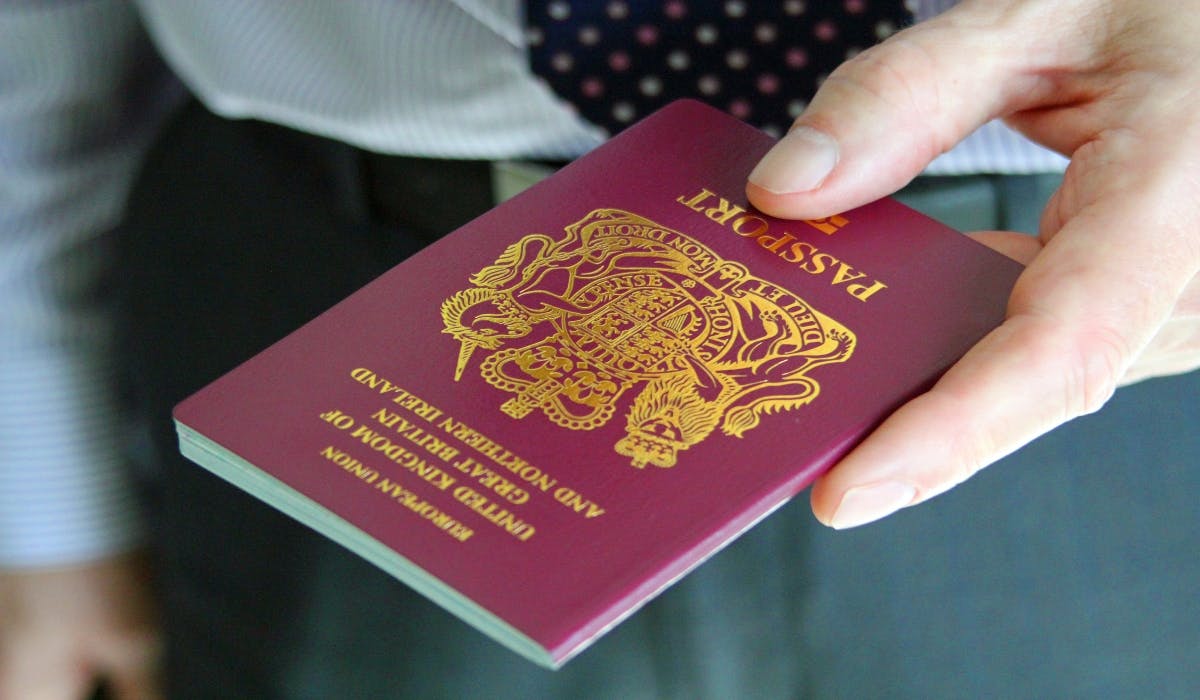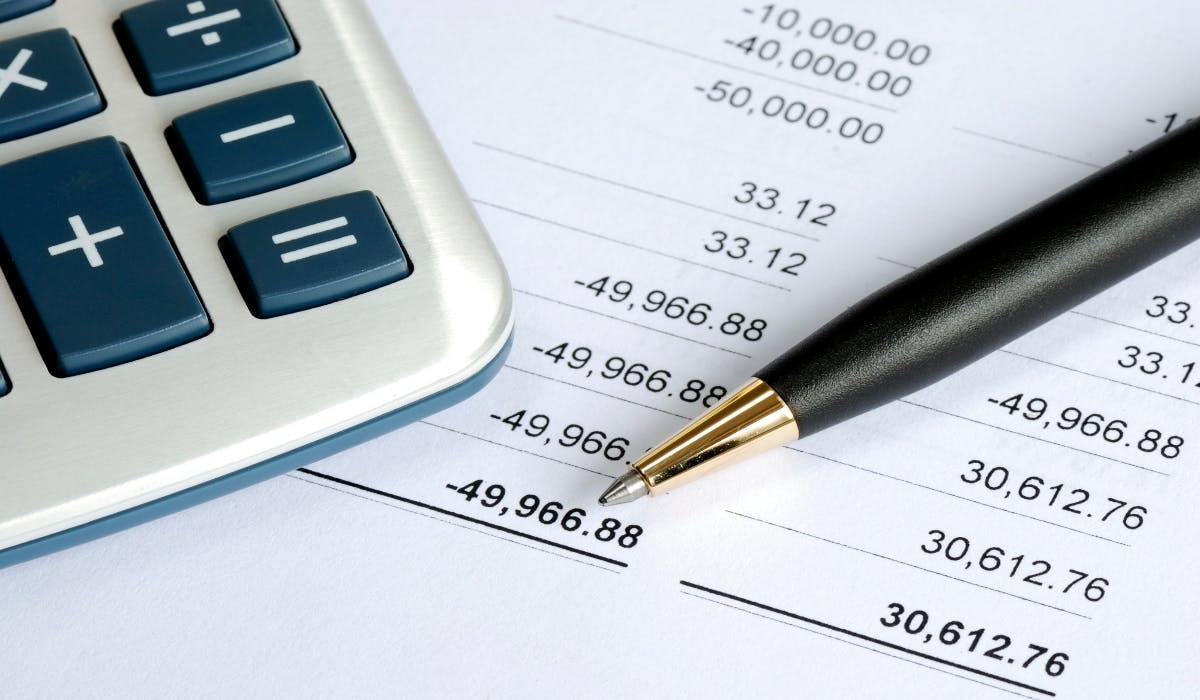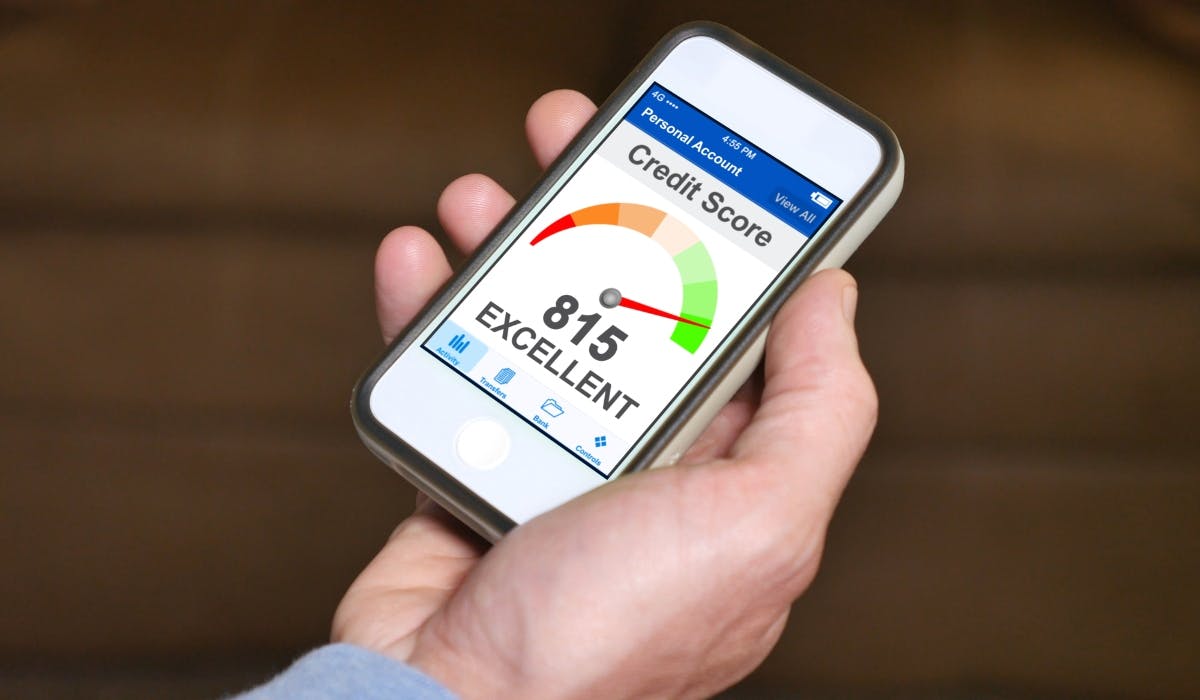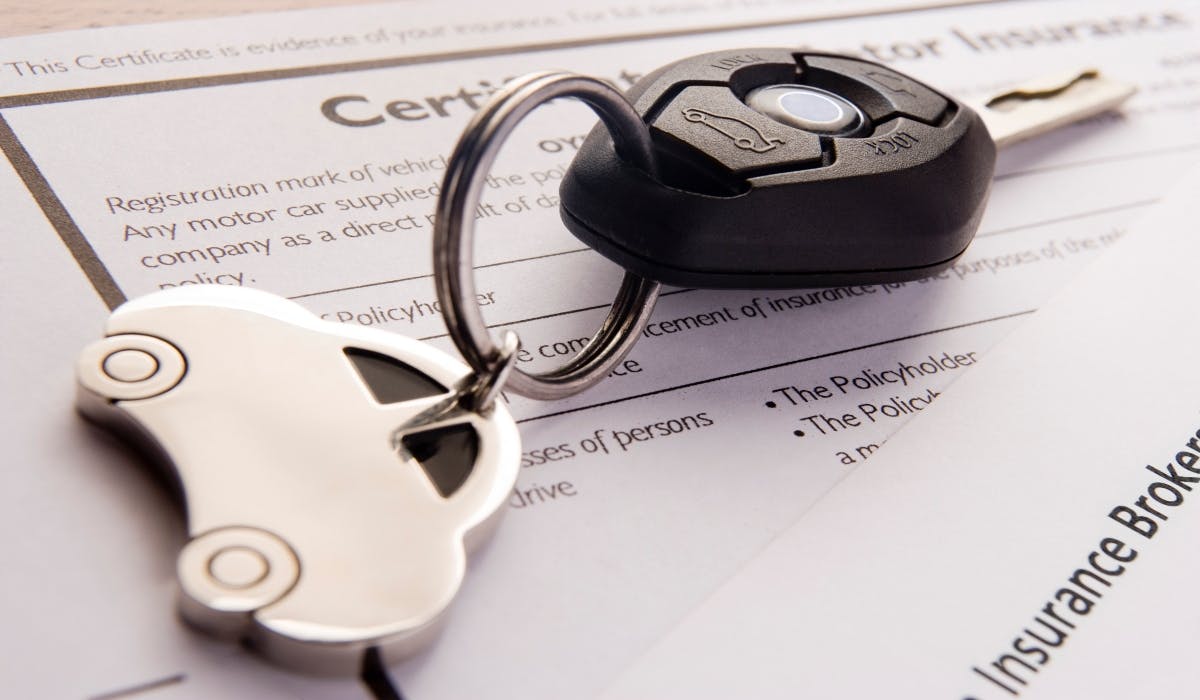What Do I Need To Lease A Car: Eligibility & Documents
When you finally find the perfect deal for a new car, you probably just want to get straight out on the road.
But before you get carried away planning all the staycation trips you’re going to take in your new Mercedes, you need to know exactly how car leasing works, and what you need to lease a car in the first place.
Whether you’re looking for a personal car leasing or business car leasing deal, there are checks you have to go through before you get approved. We’ll go over what information you need, the documentation you have to provide, and what kind of credit score you need for a lease deal.
What do I need for a personal lease?
With all personal contract hire (PCH) deals, the credit broker will perform a car lease credit check on you, meaning everything from photo ID to bank details will need to be given to the dealership.
With personal leasing, you should provide:
- Photographic ID (typically a Passport or Driving Licence)
- Proof of address (like a utility bill or bank statement) in order to verify your credit rating and identity.
- Employment details for the previous three years.
- Bank details for the account you plan to set up the direct debit with.
- All monthly income to determine whether you can afford the lease.
The type of documents accepted will vary with the finance provider, but any proof of address has to be dated within the last 90 days. It’s always best to check with your finance company exactly what documents they need, as some may accept photocopies while others will ask for originals.
To avoid any hiccups, make sure your name and address are the same across all documents, otherwise you may need to provide further evidence before your lease contract gets approved.

What do I need to lease a car for business?
Business car leasing works pretty similarly (see our “how does business car leasing work?” guide), but as the lease is typically in the company’s name, you need to provide documents that relate directly to your company and any owners or directors.
You should prepare to hand over:
- Name, date of birth and marital status for directors
- Company name, address, registration number and annual turnover
- Company bank account details
If you’re looking into a car lease for a new business, you’ll likely have to provide more in-depth information to prove your reliability, like showing bank statements covering a longer period of time.
For more information on what you need to lease a vehicle as a business, check out our article that talks through the specifics of how to get a business car lease.

What credit score do I need to lease a car?
"Do you need good credit to lease a car?". Good news for anyone struggling with their credit score - you don’t always need an extremely high credit rating to lease a brand new car.
Leasing companies will typically look for good, very good, or excellent scores to approve you, and though bad credit car leasing is more difficult, it is occasionally within reach.
If you can find a long-term rental and commit to a higher initial rental upfront, lenders may be more inclined to agree to a lease with a lower depreciation rate.
Though uncommon, some car finance providers will also accept a guarantor car lease. This provides the lender some reassurance, as should you fail to pay your monthly rentals, your guarantor agrees to step in and pay.

Do I need car insurance?
Leasing comes with some cover provided, so you may be wondering, "do lease cars include insurance?"
Your lease car always comes with road tax and a lease car warranty as specified by the manufacturer, and any add-ons like servicing and maintenance packages can be purchased on top.
Unless your lease provider has specifically stated that car insurance is included in your monthly payments, you are responsible for insuring the vehicle.
From the first day of your lease term, before your new vehicle even hits the pavement, you need to have an insurance policy in place. You won’t be covered for any damage beyond ‘fair wear and tear’ (as outlined in the BVRLA guidelines), so you have to be insured for any unexpected bumps to your own, or other cars.
Your insurer should be made aware that you’re insuring a lease car, as though it’s unlikely to affect the cost, the leasing company remains the registered keeper throughout the lease agreement.
Keep in mind that most lease contracts have a mileage allowance, and as your warranty and insurance don’t cover you for going over this, it’s a great idea to calculate your rough annual mileage beforehand.
You can also add on lease gap insurance to cover you for the contract cost should your car lease be written off or stolen. We discuss whether gap insurance is worth it so you can make your mind up in advance.

Conclusion
It might seem like a lot just to get your hands on a car, but there’s a lot to love about the savings when it comes to the cost to lease a car.
If you’re ready to say goodbye to your used car and find the right deal for you, start your car leasing comparison journey with Lease Fetcher.
We’ve rounded up the best personal car leasing and business car leasing deals from the UK’s top leasing brokers. You can even narrow your search by type, make, body style and budget!
If you haven't already, you should arm yourself with some our car leasing tips, like the best time to lease a car and how to go about car lease negotiation!


